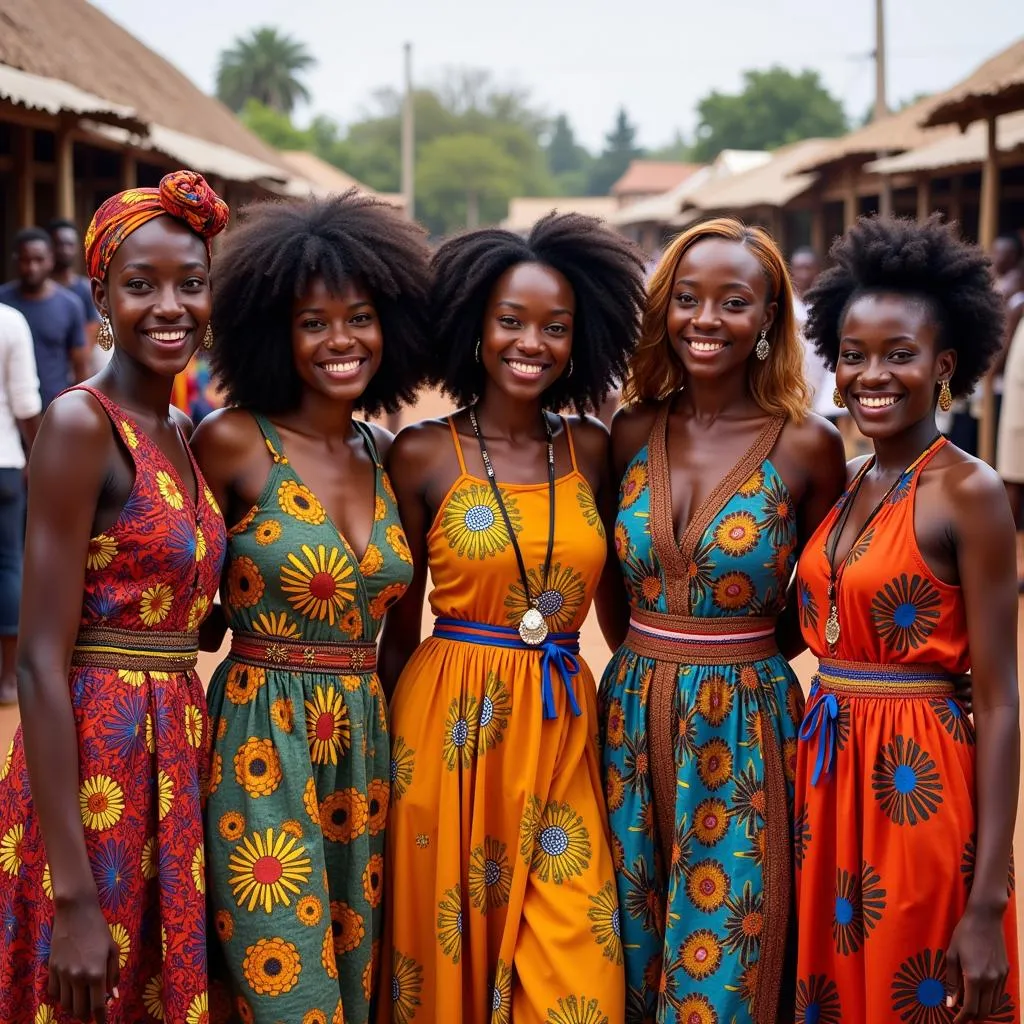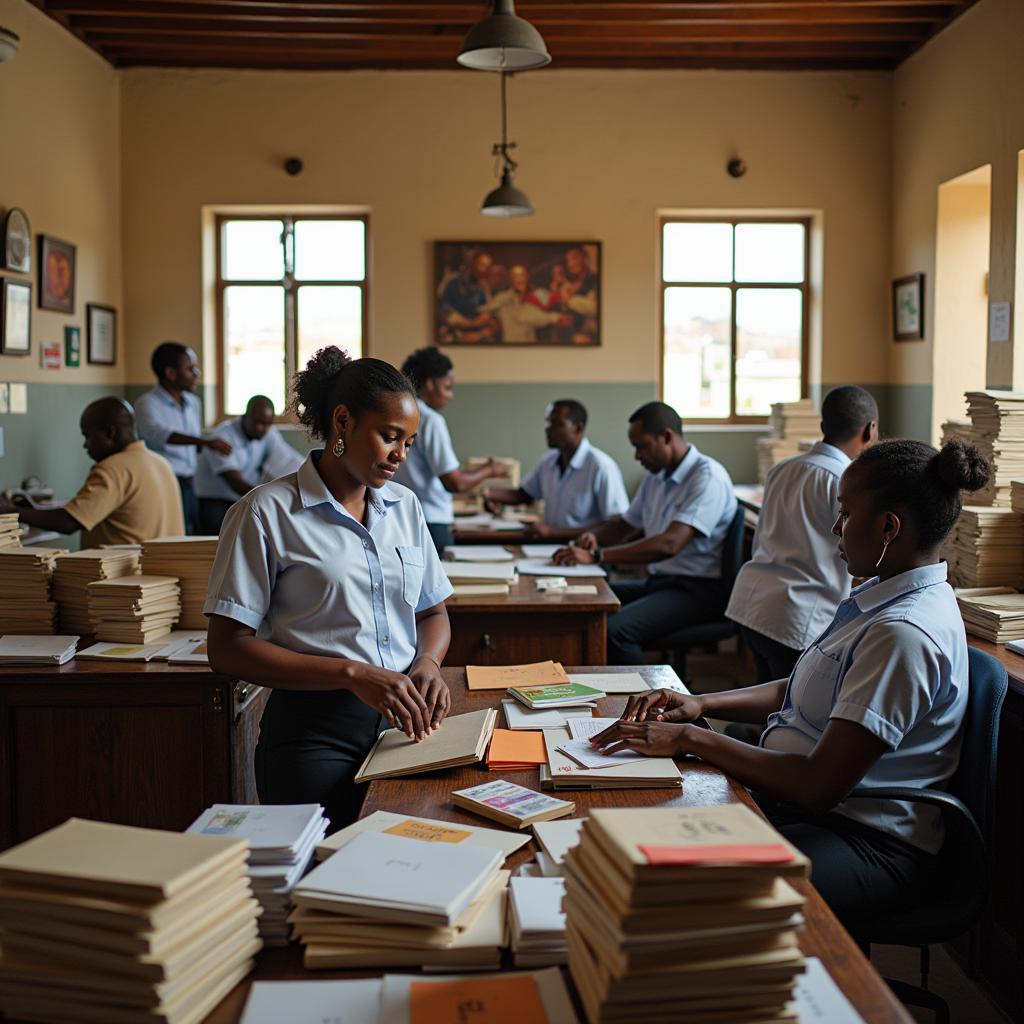African English Poetry: A Tapestry of Voices
African English Poetry bursts forth from a continent rich in oral traditions, vibrant cultures, and diverse landscapes. It is a powerful expression of the African experience, grappling with themes of colonialism, liberation, identity, and the enduring spirit of its people. This exploration delves into the captivating world of African English poetry, uncovering its unique characteristics, celebrating its iconic figures, and showcasing its impact on the literary world.
The Rhythms of Resistance: Early Influences and Evolution
African English poetry emerged in the early 20th century, coinciding with the rise of nationalist movements across the continent. This nascent literary tradition drew inspiration from both the continent’s rich oral heritage and the works of European poets. Early pioneers like Dennis Brutus from South Africa and Christopher Okigbo from Nigeria utilized poetry as a weapon against colonial oppression, their verses imbued with a potent blend of anger, defiance, and hope.
Negritude and Beyond: Defining Moments and Movements
The Negritude movement, spearheaded by francophone African intellectuals like Léopold Sédar Senghor and Aimé Césaire, had a profound influence on African English poetry. Embracing their blackness and rejecting colonial attempts to erase their heritage, poets like Wole Soyinka, John Pepper Clark, and Kofi Awoonor explored themes of cultural identity and reclamation. This era saw a blossoming of creativity, with poets experimenting with language, form, and imagery to articulate the complexities of the African experience.
A Myriad of Voices: Contemporary Trends and Themes
Contemporary African English poetry is a vibrant tapestry woven from a multitude of voices. Poets like Warsan Shire, Chimamanda Ngozi Adichie, and Ladan Osman are pushing boundaries, challenging conventions, and exploring a wide array of themes – from gender equality and social justice to globalization and the African diaspora. Their work is characterized by a willingness to experiment with form and language, often blending English with indigenous languages to create a uniquely African aesthetic.
The Power of Poetry: Global Impact and Recognition
African English poetry has garnered global recognition, earning prestigious literary awards and captivating audiences worldwide. Wole Soyinka’s 1986 Nobel Prize in Literature solidified the genre’s place on the world stage, showcasing the power and beauty of African storytelling. Today, festivals like the Poetry Africa International Festival in Durban, South Africa, provide platforms for established and emerging poets to share their work and engage in dialogue about the issues shaping the continent and beyond.
Unlocking the Verse: Exploring African English Poetry
From the poignant lines of Dennis Brutus to the evocative imagery of Ladan Osman, African English poetry offers a captivating window into the soul of a continent. To embark on your own journey of discovery, consider exploring anthologies like “The Penguin Book of Modern African Poetry” or delving into the works of renowned poets like:
- Christopher Okigbo: Known for his complex metaphors and exploration of Igbo mythology.
- Nadine Gordimer: A South African Nobel laureate whose work often examined the complexities of apartheid.
- Ben Okri: A Nigerian writer celebrated for his magical realism and exploration of African folklore.
- Niyi Osundare: A prolific poet known for his commitment to social justice and his use of vibrant imagery.
Conclusion
African English poetry is a testament to the resilience, creativity, and enduring spirit of its people. It is a genre constantly evolving, reflecting the changing realities of the continent while remaining deeply connected to its rich oral traditions. By engaging with these powerful verses, we gain a deeper understanding not only of Africa but also of the universal human experience.


